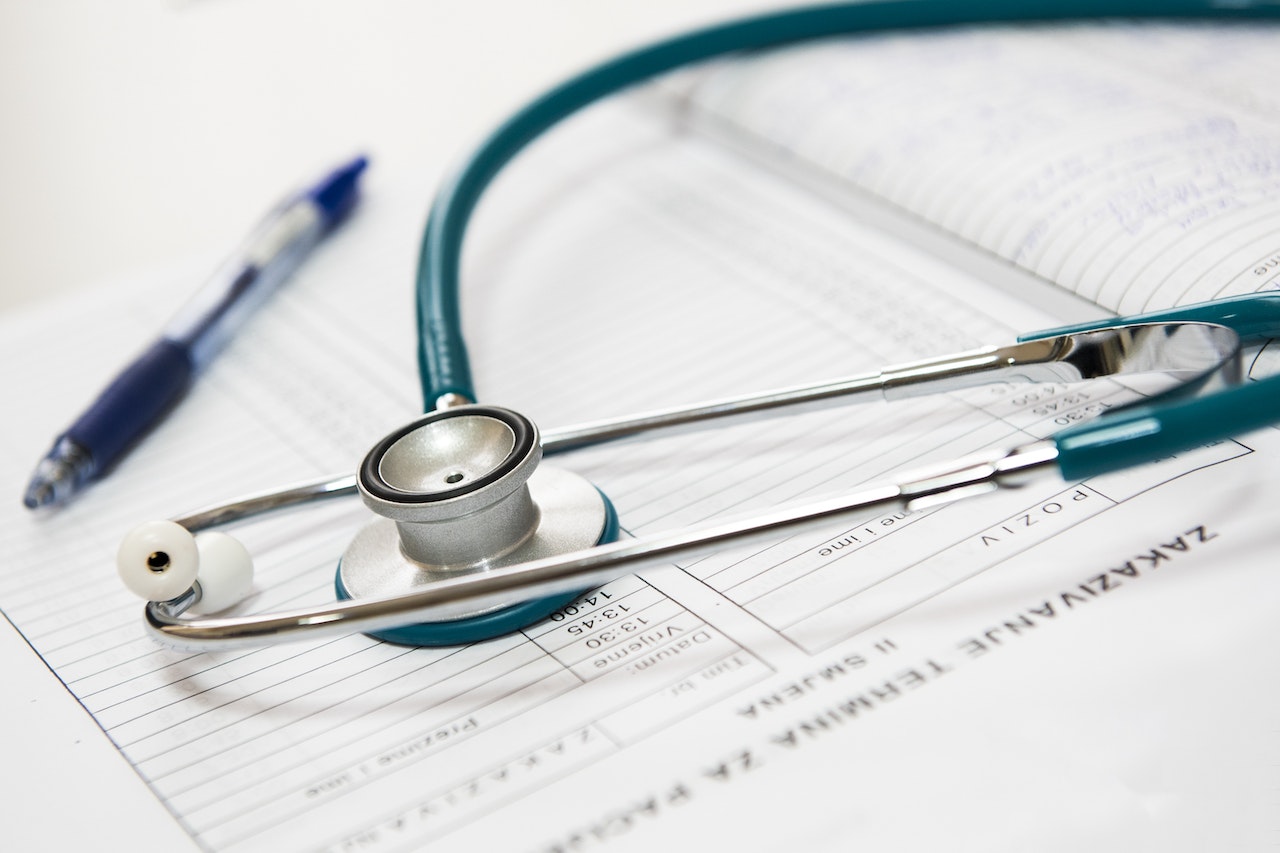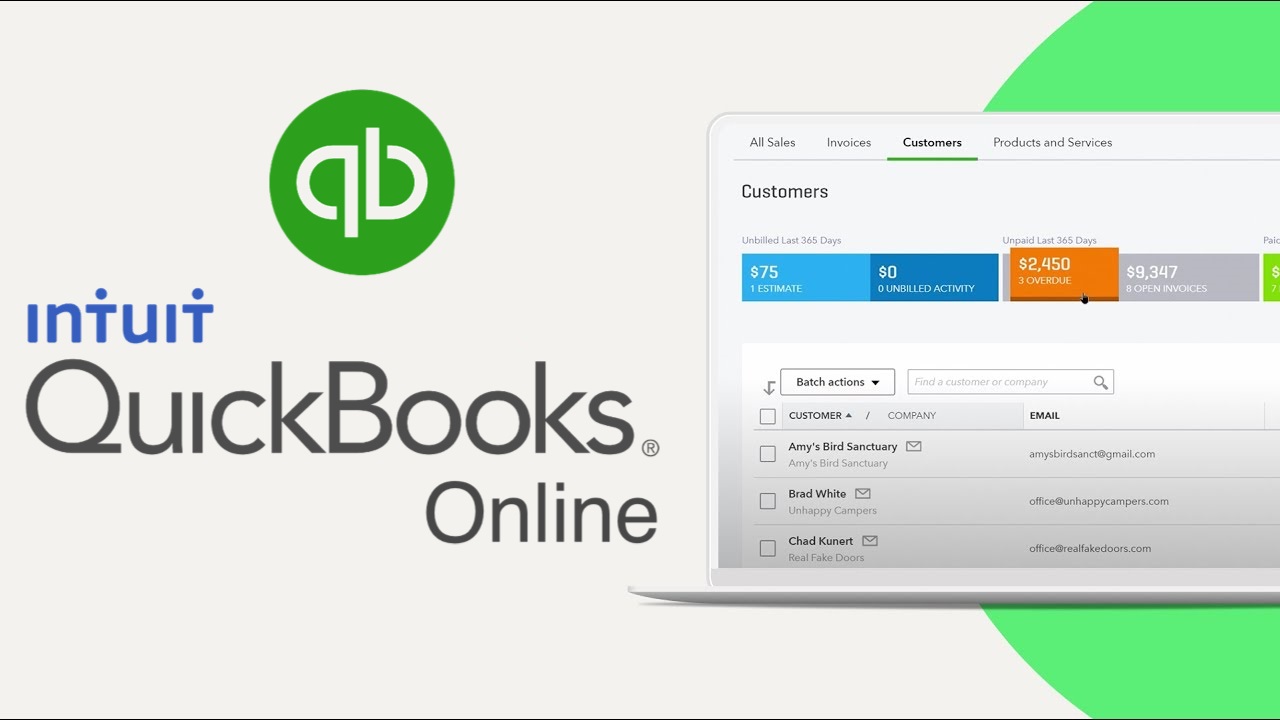As a doctor, you have a lot of responsibilities, and one of those is filing your taxes. But did you know that there are several tax deductions available to doctors that can help reduce their tax liability? In this article, we will discuss the top tax deductions for doctors.

1. Business Expenses
As a doctor, you may have a lot of business expenses, such as medical supplies, equipment, and office rent. These expenses can be deducted from your income, which can help reduce your tax liability. However, it is important to keep accurate records of all business expenses to ensure that you can claim them on your taxes.
2. Home Office Deduction
If you use a portion of your home for business purposes, you may be eligible for a home office deduction. This deduction allows you to deduct a portion of your home expenses, such as rent, mortgage interest, utilities, and maintenance expenses, from your income. To qualify for this deduction, you must use the space exclusively for business purposes.
3. Insurance Premiums
As a doctor, you may have to pay for your own malpractice insurance or other types of insurance. These insurance premiums can be deducted from your income, which can help reduce your tax liability. However, there are some limitations to this deduction, so it is important to consult with a tax professional.
4. Professional Development Expenses
As a doctor, you may be required to take continuing education courses or attend conferences to maintain your license. These expenses can be deducted from your income, which can help reduce your tax liability. However, it is important to keep accurate records of all professional development expenses.
5. Retirement Contributions
As a doctor, you may have access to retirement plans such as a 401(k) or a traditional IRA. Contributions to these plans can be deducted from your income, which can help reduce your tax liability. In addition, these plans offer tax-deferred growth, which can help you save for retirement.
6. Depreciation
If you own medical equipment, you may be able to deduct a portion of the cost of that equipment each year through depreciation. This deduction allows you to spread out the cost of the equipment over several years, which can help reduce your tax liability.
7. Travel Expenses
As a doctor, you may be required to travel for business purposes, such as attending conferences or visiting patients. These travel expenses can be deducted from your income, which can help reduce your tax liability. However, it is important to keep accurate records of all travel expenses.
8. Charitable Contributions
As a doctor, you may want to donate to a charity or non-profit organization. These contributions can be deducted from your income, which can help reduce your tax liability. However, it is important to make sure that the charity is a qualified organization and that you have documentation of your contribution.
9. Education Expenses
If you are still paying off student loans, you may be able to deduct the interest on those loans from your income. This deduction can help reduce your tax liability. In addition, if you are pursuing an advanced degree or taking additional courses, you may be able to deduct those expenses as well.
10. Legal and Accounting Fees
As a doctor, you may need to hire an attorney or accountant to help you with business or tax-related issues. These fees can be deducted from your income, which can help reduce your tax liability. However, it is important to keep accurate records of all legal and accounting fees.
11. Medical Expenses
If you have unreimbursed medical expenses, such as health insurance premiums or out-of-pocket expenses, you may be able to deduct them from your income. However, there are some limitations to this deduction, so it is important to consult with a tax professional.
12. Auto Expenses
If you use your car for business purposes, you may be able to deduct the expenses associated with using your car, such as gas, maintenance, and repairs. There are two methods for calculating this deduction: actual expenses and standard mileage rate. The actual expenses method requires you to track all expenses related to your car and calculate the percentage of those expenses that are related to business use. The standard mileage rate method allows you to deduct a certain amount per mile driven for business purposes.
13. Rent Expenses
If you rent office space for your medical practice, you may be able to deduct those rent expenses from your income. This deduction can help reduce your tax liability. However, it is important to keep accurate records of all rent expenses.
14. Meals and Entertainment Expenses
If you entertain clients or business associates, you may be able to deduct a portion of those expenses from your income. This deduction is limited to 50% of the actual expense, and the expense must be directly related to your business.
15. Employee Benefits
If you offer benefits to your employees, such as health insurance or retirement plans, you may be able to deduct those expenses from your income. This deduction can help reduce your tax liability and may also help you attract and retain talented employees.
Also Read : Top 25 Things to Know About Rental Income and Taxes.
Conclusion
As a doctor, there are several tax deductions available to you that can help reduce your tax liability. It is important to keep accurate records of all expenses and consult with a tax professional to ensure that you are taking advantage of all available deductions. By doing so, you can save money on your taxes and keep more of your hard-earned income.




